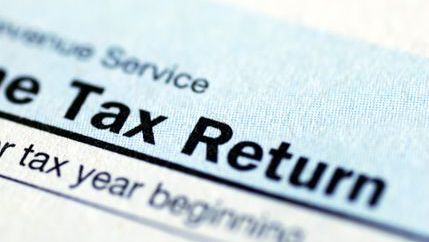
Office of Tax Simplification Property Income Review
In March 2022, the Office of Tax Simplification published a call for evidence to seek views about how the taxation of Property Income could be simplified. Taxation is a key topic of contention for Propertymark members, as many feel that the current tax regime does not serve the sector’s best interests.
Landlords renting properties in the private rented sector have seen their tax burden increase in recent years:
- Higher rates of property taxes on buy-to-let properties
- Withdrawal of tax relief on mortgage interest costs and replacement with a 20% tax credit
- Removal of the 10% Wear and Tear Allowance for fully furnished properties being replaced with an at-cost relief
- Maintaining Capital Gains Tax (CGT) for rented property at 28%, when it was reduced to 18% for other assets
- A rise in corporation tax from 19% to 25% from 2023
Taxation of income
The report covers the confusion and challenges raised about the allocation of income between joint owners, and in relation to rules which cause significant distortions or complexity.
It was noted the importance of HMRC accepting multiple agents to help with the new tax filings and recommends that HMRC should not go ahead with Making Tax Digital until these issues have been resolved. Making Tax Digital (MTD) for Income Tax should allow for representatives (letting agents and bookkeepers) to file on behalf of landlords.
Propertymark’s consultation outlined the tax system is too complex for landlords. It is pleasing to see the report recommends HMRC makes it easier for landlords to register for and report their income online for UK tax purposes and questions whether the initial and medium-term threshold for entry into the new system should be increased above £10,000.
Declaration of income
Another OTS recommendation is to review the burden on tenants to withhold tax of non-UK resident landlords as this is widely misunderstood and not implemented. We said this is one of the most complicated reoccurring issues within the property tax system. Landlords in self-managed properties and tenants who must deduct tax from their rent do not always declare their income. This puts significant pressure on agents to ensure that tenants and landlords are compliant.
Furnished short-term lets
Although the furnished holiday lettings regime can provide some tax benefits, it is not widely used and adds a complex layer to the tax rules which apply to property income. The UK Government should consider the need for a separate tax regime for furnished short-term lets as it gives certain tax advantages over the wider residential property income rules. Propertymark’s stance is that this disincentivises using properties for the PRS.
Should the UK Government wish to retain the furnished holiday lettings regime, the report recommends they must consider removing the benefits for properties in the EEA and removing the benefits where there is private use (other than a minimal level).
Property improvements
Propertymark called for clearer information and tax deductions on improvements in the PRS. OTS's report supports our call, stating that there is confusion between what is a repair (tax-deductible) or an improvement (not), as well as creating broader tax relief for all property costs other than where work is part of the capital cost of the building. This could help to encourage improvements to be made to the property to support forthcoming higher energy efficiency improvements in the PRS.





